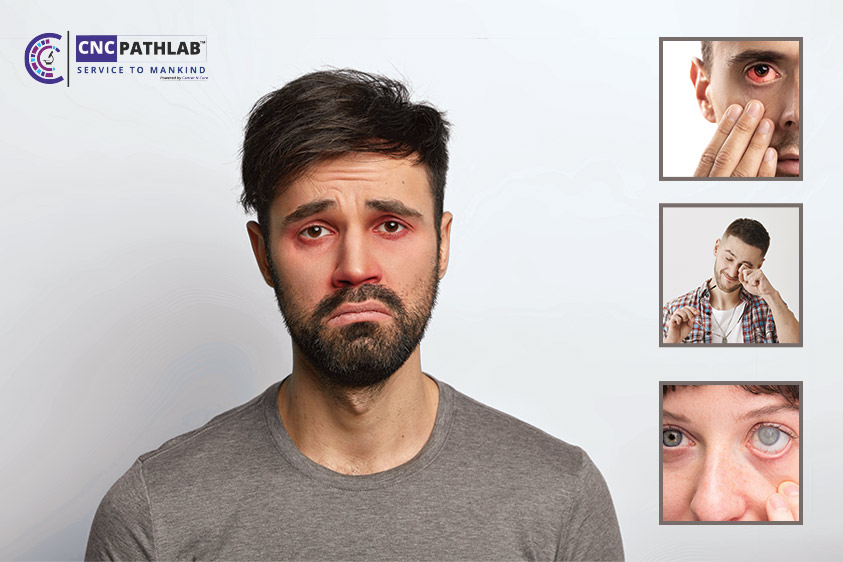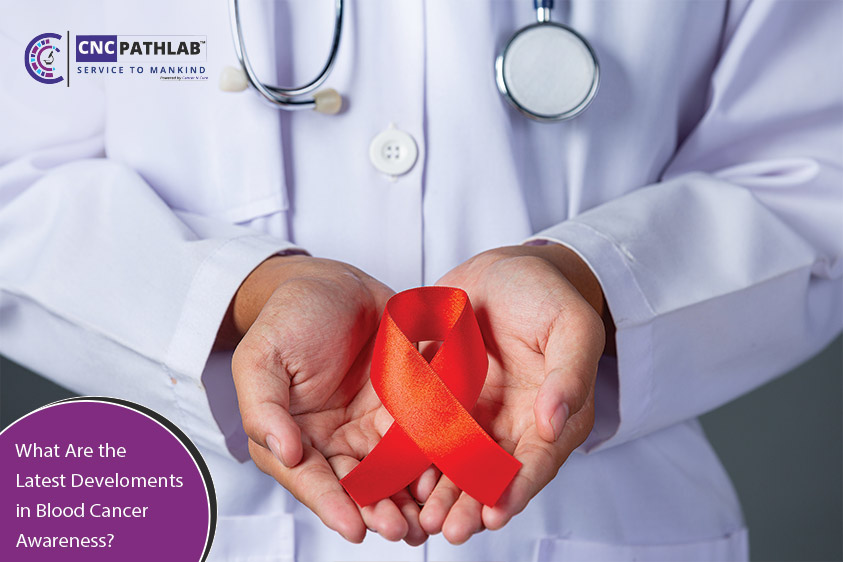Protect yourself from Kidney Stone
About half of the Indian population is predicted to develop urinary stones, which could lead to kidney failure. In fact, more than half a million people visit emergency departments each year due to kidney stone difficulties.
If you have been putting off your kidney function test for a long time, now is the time to schedule it. Please note that this test is also known as a renal profile test or a renal function test. The term "renal" refers to your kidneys.
What is a kidney stone, exactly?
A kidney stone is a solid, pebble-like mass that can occur in one or both kidneys. Urine is dissolved in a variety of wastes. Normally, the kidney, the body's filter, removes these waste elements. Crystals can form when urine is overly concentrated or there is too much waste in too little liquid. Other elements (such as calcium, oxalate, urate, cystine, xanthine, and phosphate) bind themselves to the crystals, forming a solid. Unless it is passed out of the body with the urine, this fragment will grow in size.
Read also: All You Need to Know About Diabetes
What does it feel like to have kidney stones?
One or more of the following symptoms could be present:
- Both sides of your lower back are in excruciating discomfort.
- The pain typically comes on unexpectedly and in waves.
- A stomach discomfort or a vague sensation that won't go away
- Urine with blood
- Vomiting or nausea
- Chills and fever
- Urine with a foul odor or that is hazy
What is the procedure for detecting kidney stones?
1. Your medical and dietary background
Have you ever had a stone that was more than one? Is there a history of kidney stones in your family? Both of these things can increase your chances of getting a kidney stone. You may also be eating items that are known to increase the risk of stones, or you may be dehydrated.
Your doctor can determine how likely you are to create additional stones based on your medical, familial, and dietary history.
2. Urine and blood tests
After collecting a thorough medical history and performing a physical examination, you may be requested to provide blood, urine, and sensitivity test samples. Urine analysis aids in the detection of urinary tract infections and crystals that are characteristic of certain stone forms.
3. Imaging Examinations
Your doctor may order an X-ray to examine the inside of your urinary tract. To check for stone growth, imaging examinations may be performed over time. If you have pain, blood in your urine, or recurrent urinary infections, an imaging test such as an ultrasound or X-ray may be requested.
4. Stone Evaluation
If you pass a stone or have one surgically removed, testing it will assist determine what type of stone it is. This information aids your doctor in determining the best course of action for preventing future stones.
Aside from blood tests to ensure that your kidneys are functioning properly, levels of chemicals that can produce kidney stones, such as calcium, can also be measured.
Read also: What do you need to know about the Complete blood count (CBC) test?
What can cause a kidney stone?
- Urine Volume Is Low
Urine becomes concentrated and black in colour as a result of a persistent low urine volume caused by dehydration (loss of body fluids) through intense activity, working or living in a hot environment, or not drinking enough fluids. The presence of concentrated urine indicates a significant risk of acquiring stones. As a result, make sure you drink enough water each day.
- Dietary Routine
Calcium is a frequent element that plays a role in the formation of kidney stones. High calcium levels in the urine are one of the most common reasons. The way your body manages calcium could be the cause of elevated urine calcium levels.
However, this does not imply that you should limit your calcium intake. It has the potential to harm bone health and raise the risk of kidney stones. The goal is to reduce the amount of calcium in the urine. Reducing your salt (sodium) intake is one strategy to lower your urine calcium level. Too much salt prevents calcium from being reabsorbed into the bloodstream from the urine. Reduced salt intake aids in the reduction of calcium in the urine.
Aside from that, consuming oxalate-rich foods may increase your chances of developing kidney stones.
- Obesity
Obesity can alter the acidity of your urine, which can lead to kidney stone formation.
- Medical problems
Kidney stones can be caused by certain medical diseases that produce diarrhea or gastrointestinal discomfort (such as Crohn's Disease or ulcerative colitis). This can occur as a result of diarrhea, which causes the body to lose a substantial amount of fluid, lowering urine volume.
Electrolyte imbalances can also be caused by chronic diarrhea.
- History of the Family
If you have a family history of kidney stones, it's crucial to monitor your symptoms and get examined as soon as possible.
With our carefully selected Kidney function test, you can keep track of your kidney health and check that all values are within normal limits.
What is the treatment for kidney stones?
Treatment is determined by a number of clinical parameters, including the type of stone, its size, and how long you've been experiencing symptoms.
Among the most popular choices are:
- It is possible for a stone to pass on its own.
Smaller stones are more likely to move via urine on their own. In this instance, no special treatment is required. You can wait as long as the discomfort is bearable, and you may require pain relievers in the interim, as long as there are no signs of infection.
- Medication
Certain drugs, such as tamsulosin, help the stone pass more easily. When it comes to pharmaceutical dose, listen to your doctors advise.
- Surgery
- If you have kidney stones, you may need surgery.
- The stone is stopped in its tracks.
- The agony is unbearable.
- The stone is interfering with renal function or infecting the kidneys.
Small kidney stones that do not cause pain or illness may be left alone. Surgery nowadays usually entails few or no cuts, minimal pain, and time away from work. After roughly one to two weeks, you can resume routine activities.
Shock wave lithotripsy (SWL), ureteroscopy (URS), and percutaneous nephrolithotomy (PCNL) are some of the procedures used to remove stones from the kidneys or ureters. If alternative less intrusive techniques fail or don't appear to work in your instance, open, laparoscopic, or robotic surgery may be required.
While you are being treated, your doctor may request certain blood tests and X-rays to check your condition. Consult your doctor to determine what is best for you. Also, don't forget to ask for advice on how to avoid future stones.


.jpg)


.jpg)
